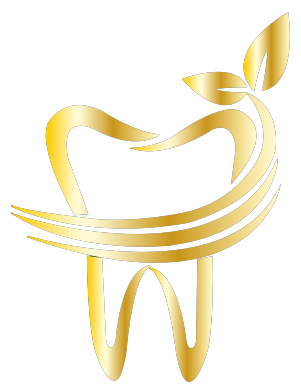Veneers are mainly used for cosmetic purposes, to improve the shape, size and colour of teeth.
This can be achieved by reshaping, improving the structure or the colour of a tooth, and closing small spaces. Veneers have been used for almost 50 years and although the techniques have changed, the purpose remains very similar.
Veneers are made of either porcelain or composite resin material. Each type of veneer has its own benefits.
Porcelain Veneers
A porcelain veneer is a thin shell that is custom-made to fit on the tooth. Benefits of porcelain veneers:
- they are strong and long-lasting
- they have a natural-looking surface
- less tooth enamel needs to be removed than with a crown or cap
- they don’t stain easily
Composite resin veneers
A composite resin veneer is made from a tooth-coloured filling material bonded to the tooth.
Benefits of composite resin veneers:
- usually, less tooth enamel needs to be removed than for crowns or porcelain veneers
- may mean fewer visits to the dentist—sometimes these veneers take just one visit
- cost less than porcelain veneers
- are easy to fix if they get damaged; although composite veneers are generally not as strong or wear-resistant as porcelain veneers, composite veneers can be repaired easily and quickly
Things to remember:
- Your teeth and gums must be healthybefore you get veneers.
- Veneers are not always a good choice for patients who clench or grind their teeth, because the thin veneers may chip or break.
- Although dentist removes as little tooth enamel as possible for veneers, the process cannot be undoneonce the enamel is removed.
- It is possible for veneers to come loose over time. In that case, new ones might be needed.
- Veneers can chip or break under pressure. Avoid biting your fingernails and chewing on hard objects, such as pencils or ice.
Please contact Precision Dental Centre to make a consultation in order to discuss your individual needs.
